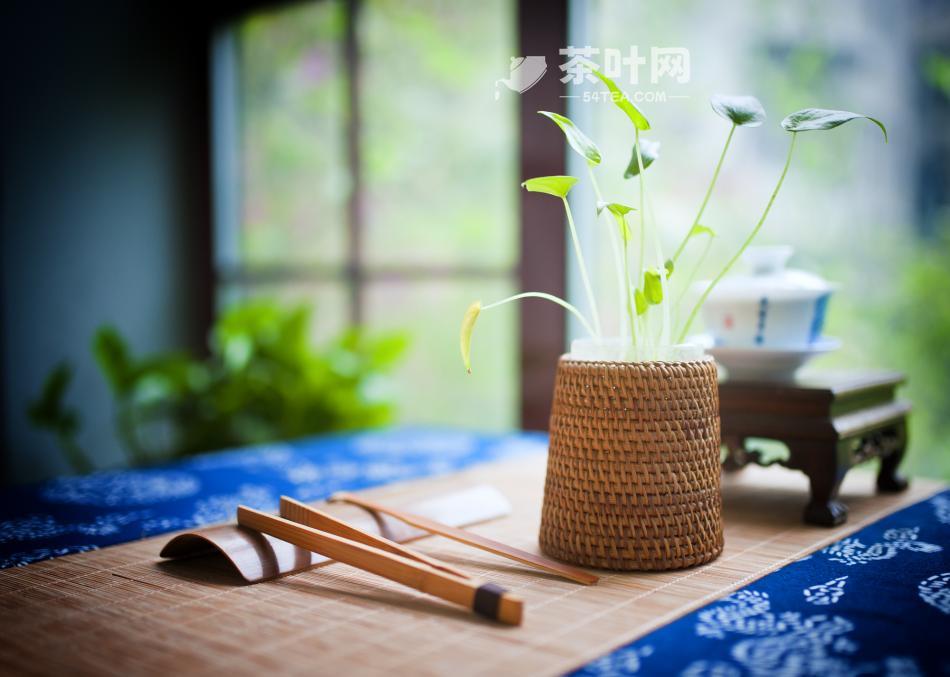 neH Tea
neH Tea
4 Levels of Tea Culture
1.Physical Culture
Physical culture is the sum of the activities and products of people engaged in tea production, i.e. the cultivation, manufacture, processing, preservation, chemical composition and therapeutic research of tea, etc. It also includes tea leaves, water, tea utensils, tables, chairs, tea rooms, and other visible and tangible objects and buildings used in tea tasting. neH Tea Network
2.Institutional culture
Institutional culture that people engaged in the process of tea production and consumption of social norms of behavior. For example, with the development of tea production, successive rulers have continuously strengthened its management measures, called tea policy, including tribute, taxation, monopoly, domestic sales, foreign trade and so on. Starting from the first year of the Tang Dynasty Jianzhong (780 A.D.), a tax was levied on tea, “taxing the world’s tea, lacquer, bamboo, and wood, and taking one out of ten.” (“Old Tang Book – Food and Goods Zhi”) Daho nine years (AD 835) began to implement the questionable tea system, that is, the implementation of tea monopoly. (“Old Tang Book – Wenzong Benji”) Song Dynasty Cai Jing set up a tea citation system, merchants pay taxes when they receive the citation, and then only to the designated location to take tea. From the Song Dynasty to the Qing Dynasty, in order to control the supply of tea to the Northwest ethnic minorities, set up the Tea and Horse Division, the implementation of the tea and horse trade, in order to achieve the purpose of the “Tea Border”. Tea trade in Han areas was also severely restricted and exploited in many ways. neH Tea Net
3.Behavioral culture
Behavioral culture is an agreed-upon pattern of behavior in the process of tea production and consumption, usually expressed in the form of tea rituals, tea customs and tea arts. For example, Du Lei, a poet of the Song Dynasty, wrote the famous line “Tea as wine for a guest on a cold night”, which shows that it is a traditional Chinese etiquette to honor a guest with a cup of tea. Tea sent from thousands of miles away expresses nostalgia for loved ones. Ancient proverb says, “A woman does not eat tea from two families,” which means that a woman’s family can no longer accept a bride price from another family after she has received a tea gift. neH Tea Net
4.Culture of mind
Mentality culture is people in the application of tea in the process of nurturing the values, aesthetic interests, ways of thinking and other subjective factors. For example, the aesthetic interest pursued by people when drinking tea, the mood and flavor pursued during the operation of tea art, as well as the richness of the associations arising from it; reflecting the tea production, life in the tea area, the tea drinking interest of literature and art works; combining the tea drinking with the philosophical philosophy of life and worldly life, rising to the height of the philosophy, the formation of the so-called tea virtues, the tea ceremony, etc. This is the highest level of the tea culture. This is the highest level of tea culture, but also the core part of tea culture. neH Tea Net
Therefore, the broad tea culture should be composed of the above four levels. However, the first level (physical culture) has long formed a complete and systematic science – tea science, referred to as tea science; the second level (institutional culture) belongs to the economic history of the disciplines of research, but also remarkable achievements, fruitful. Therefore, as an emerging discipline, tea culture should focus on the research on the past relatively weak third and fourth two levels, that is, the narrower meaning of tea culture. neH Tea Network
So it seems that people want to study the narrow sense of tea culture belongs to the so-called “spiritual civilization” category, but it is not completely separate from the “material civilization” of culture, but a combination. Whether it is the tea ceremony, tea art, tea rituals or tea customs, they are all embodied in the process of tea application. Leave the tea, there is no tea culture. neH tea net
